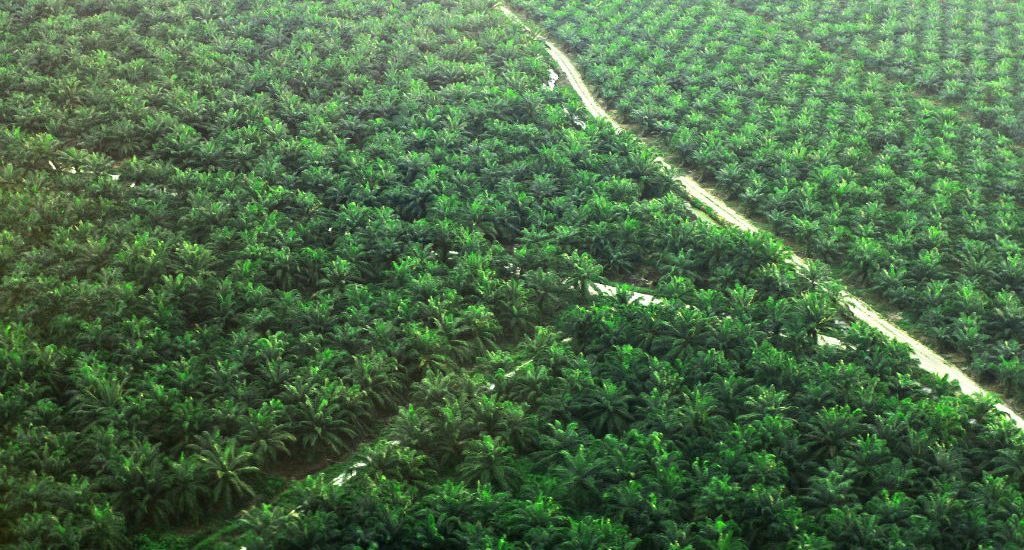To relaunch agriculture, small-holders must be the starting pointby Pietro Paganini
- 14 January 2022
- Posted by: Competere
- Category: Sustainable Nutrition

They produce one-third of the entire world supply chain, but they risk being excluded from European decision-making tables
2.5 billion. This is the number of people who, according to estimates, depend on smallholder agriculture for their livelihood. One-third of the world’s total food is produced by them. From these figures, we can understand how smallholders are crucial to the promotion of sustainable development. However, they risk being excluded from the decision-making process for new EU food-related policies. This would result in worse living conditions and less protection of individual rights for billions of people globally, and a substantial failure in attempts to tackle climate change and promote sustainability. A prospect that Europe cannot afford: green colonialism must be avoided.
One of the supply chains in which these key players are most involved is that of oil palm. It is expected that in the next few years half of palm oil production will come from smallholders, particularly in Southeast Asia, Latam, and Africa. The international conference “Small-Holders: Drivers of Prosperity and Sustainability”, promoted by Competere, aimed at bringing together their voices, amplifying their heartfelt call to be included in European decision-making. During the meeting, Gert van der Bijl, Senior EU Policy Advisor of Solidaridad, underlined that there can be no sustainable production without involving small farmers and that deforestation cannot be stopped without providing them with the necessary tools to produce sustainably.
BEWARE OF FAKE NEWS
The false myth that sees certified sustainable palm oil as a danger to the environment and human rights is now obsolete: certifications mean protection of biodiversity, marginal environmental impact, and respect for the rights of workers and local communities.
Indeed, oil palm cultivation has a much lower environmental impact and land consumption than other vegetable oils, making it up to ten times more efficient than other oil plantations: although palm oil is the most widely used in the world, accounting for 35% of global production, its production requires only 10% of total oil cultivation.
Moreover, it is a valuable ally for social sustainability, generating real positive transformation in the societies involved. Daniel Mauricio Rico Valencia, founder and director of C-Análisis, highlighted a 2.7% increase in primary education and a 2% increase in higher education thanks to sustainable plantations, more families covered by health insurance, +9.7% in local investment, and better legal and working conditions.
For the local economy, this is a development tool. In contrast, a blanket ban on palm oil risks penalizing actors who produce sustainably.
THE VOICE OF SMALL-HOLDERS
Small-holders such as Nelsy Vega, Teresa Pena (Colombia) and Maria Goldameir Mektania (Indonesia) clamored for the EU not to discourage sustainable production and instead promote training, while Djono Albar Burhan of the Indonesian Association of Smallholder Palm Oil Producers (APKASINDO) demonstrated that palm oil plantations support the growth of entire communities.
Adzmi Hassan, of the National Association of Smallholders Malaysia (NASH), said that the main challenge in adopting sustainable standards comes from incentives, while Juan Alberto Lemus Silva, Agroindustria Palmera San Román, Guatemala, said that EU policies could hinder – rather than incentivize – production by raising prices and complicating export rules and regulations.
The voices of those working in the sustainable palm oil supply chain, therefore, lead us to look beyond the reductive and superficial campaigns against it. We are talking about a global production chain that, with transparency and innovation, has long been committed to sustainable projects. Thanks to the efforts of small-holders in leading the transition, the rate of deforestation associated with palm oil has dropped dramatically since the early years of the decade, despite a 30% increase in global production over the same period. This is the only way we can ensure concrete results, protecting development and people’s freedom first.

